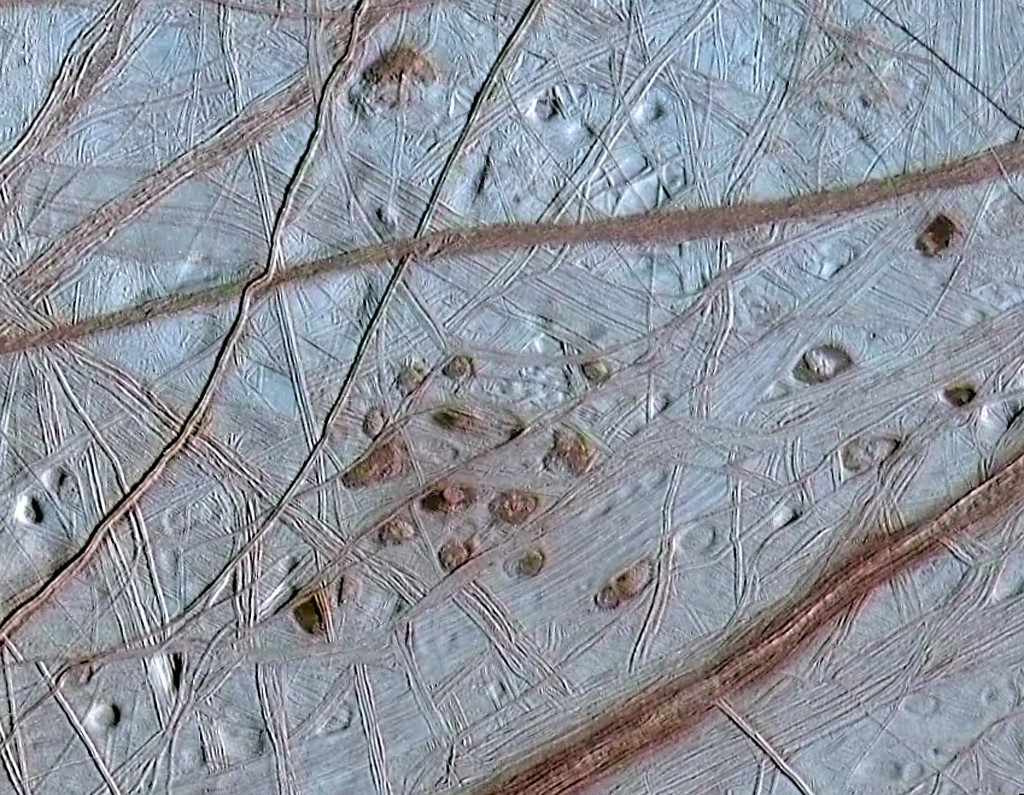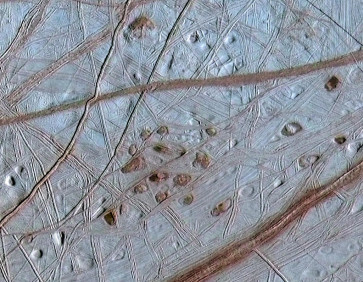Popular Reads
Top Results
Can't find what you're looking for?
View all search resultsPopular Reads
Top Results
Can't find what you're looking for?
View all search resultsSearch for alien life extends to Jupiter's icy moons
A new chapter in humanity's search for extraterrestrial life opens on Thursday as Europe's JUICE spacecraft blasts off on a mission to investigate the icy moons of Jupiter.
Change text size
Gift Premium Articles
to Anyone
Could vast, long-hidden oceans be teeming with alien life in our very own Solar System?
A new chapter in humanity's search for extraterrestrial life opens on Thursday as Europe's JUICE spacecraft blasts off on a mission to investigate the icy moons of Jupiter.
First discovered by Italian astronomer Galileo Galilei more than 400 years ago, these ice-covered moons are so far from the Sun that they were long dismissed as possible candidates to host life in our backyard.
Until recently, the Solar System's habitable zone was thought to "end at Mars", French astrophysicist Athena Coustenis, one of the scientific leads of the European Space Agency (ESA)'s JUICE mission, told AFP.
But NASA's Galileo probe to Jupiter in 1995 and the more recent Cassini spacecraft's trip to Saturn caused scientists to broaden their horizons.
The gas giant planets themselves were correctly ruled out, but their icy moons -- particularly Jupiter's Europa and Ganymede, and Saturn's Enceladus and Titan -- offered fresh hope of nearby life.
Under their icy surfaces are thought to be huge oceans of liquid water -- a crucial ingredient for life as we know it.



















